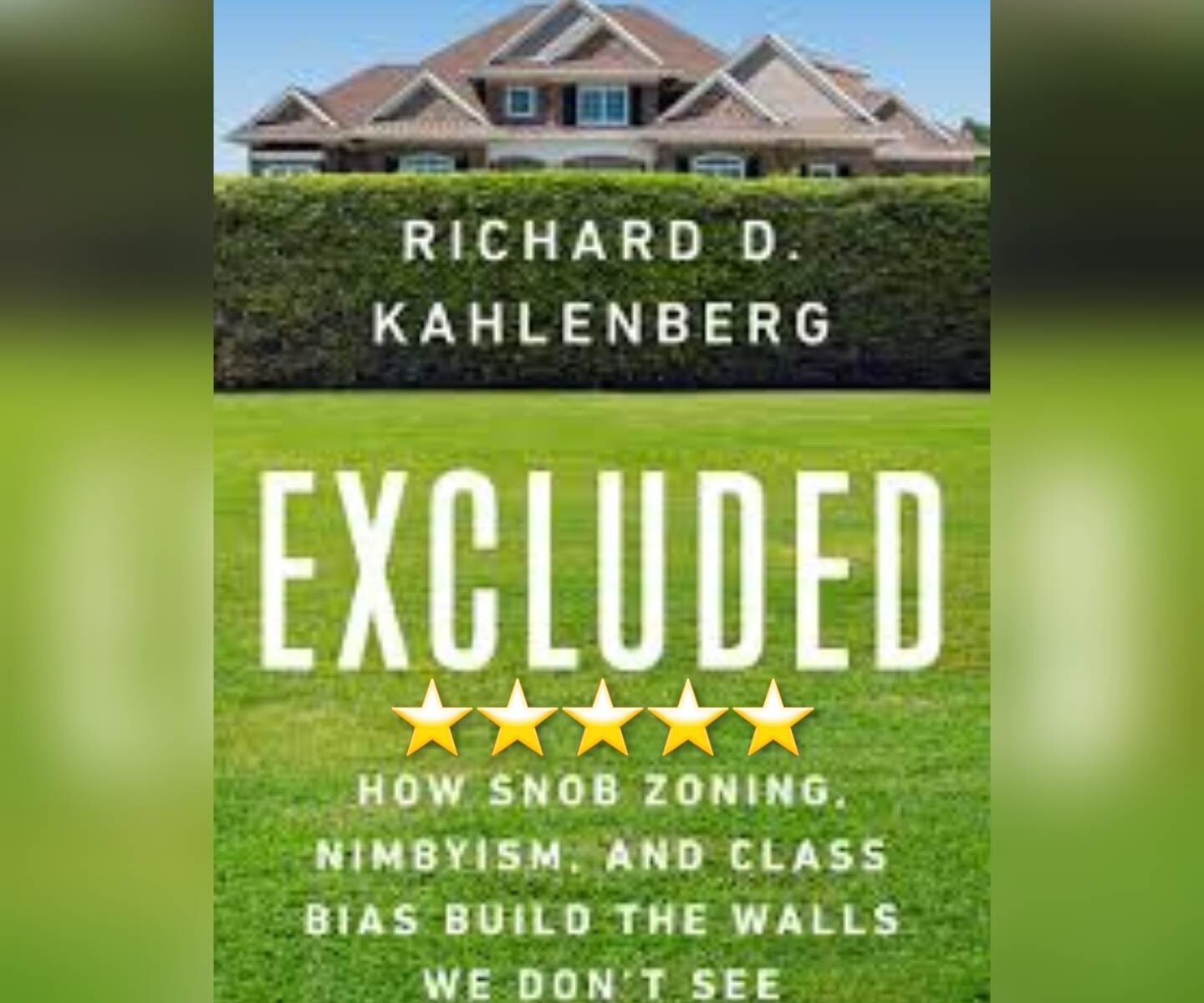Well Documented Examination Of How Class Is Used To Separate More Than Race In Modern Era. Seriously, this is one of the better documented texts I’ve read in quite some time, clocking in at about 37% documentation. And given its claims that some might find extraordinary – such as “In a 2014 analysis, one researcher found that the level of segregation between poor Black and affluent Black families was actually greater than that between Black families and White families” – the extraordinary documentation is needed in order to more fully prove the case, which Kahlenberg does quite well indeed here. As Kahlenberg notes early, zoning isn’t really something most Americans think about too much unless they happen to buy a piece of property (and how many of us actually do that these days??) and have some issue with the local zoning board. But zoning directly impacts the availability of housing – which is something quite a few Americans are worried about in the early part of the 2020s. Kahlenberg pulls no punches here, and shows how elites – no matter their Party or race – have been using these issues to overcome previous (and wrong and correctly outlawed) race-based barriers. As a white dude who grew up in the 80s and 90s in a trailer park, and whose wife once lived in a duplex – both forms of housing that are routinely being zoned out of existence in more recent years – I’ve been in and around this all my life, but Kahlenberg finally puts an academic focus on what I’ve observed “on the street” and shows that the problem is actually far worse than even I had realized. Truly an outstanding work, and one anyone concerned about the housing market or “social justice” needs to read. Very much recommended.
This review of Excluded by Richard D. Kahlenberg was originally written on January 30, 2023.

